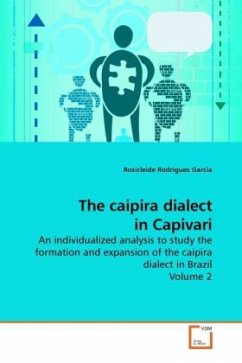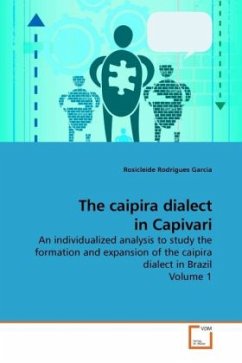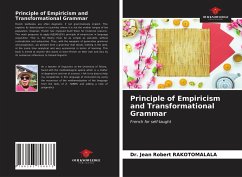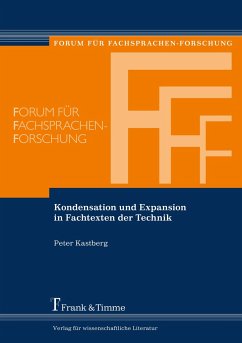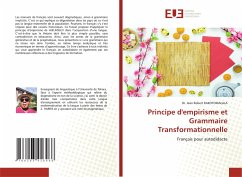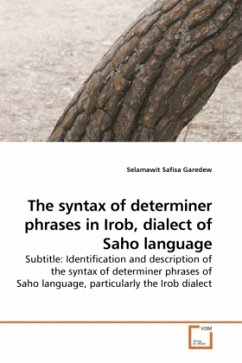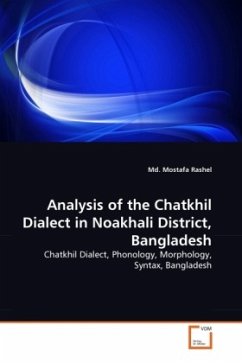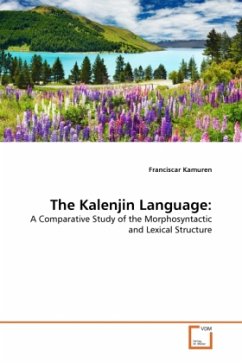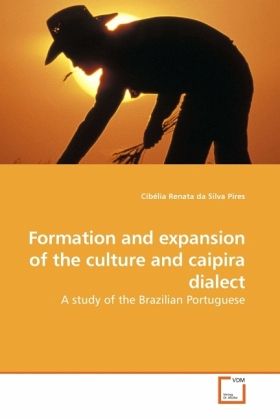
Formation and expansion of the culture and caipira dialect
A study of the Brazilian Portuguese
Versandkostenfrei!
Versandfertig in 6-10 Tagen
52,99 €
inkl. MwSt.

PAYBACK Punkte
26 °P sammeln!
Caipira, in the common sense and prejudice, is the inhabitant of a precarious place, with a poor education and outdated customs. Brazilian researchers, however, claim that this portion of the population, often forgotten, is that resulted from the original miscegenation among whites, Indians and, later, blacks, especially in São Paulo (Brazil), whose rustic culture, even reinterpreted and transformed, remains an integral part of the national culture. Therefore, this research work, based on extensive collection of material and oral historical sources, aims to rescue the peasant way of life in P...
Caipira, in the common sense and prejudice, is the inhabitant of a precarious place, with a poor education and outdated customs. Brazilian researchers, however, claim that this portion of the population, often forgotten, is that resulted from the original miscegenation among whites, Indians and, later, blacks, especially in São Paulo (Brazil), whose rustic culture, even reinterpreted and transformed, remains an integral part of the national culture. Therefore, this research work, based on extensive collection of material and oral historical sources, aims to rescue the peasant way of life in Piracicaba, his culture and especially his linguistic variant, known for rustic dialect, bringing a contribution to the linguistic studies on Brazilian Portuguese, in addition to expanding the knowledge of history and popular culture of Brazil.



